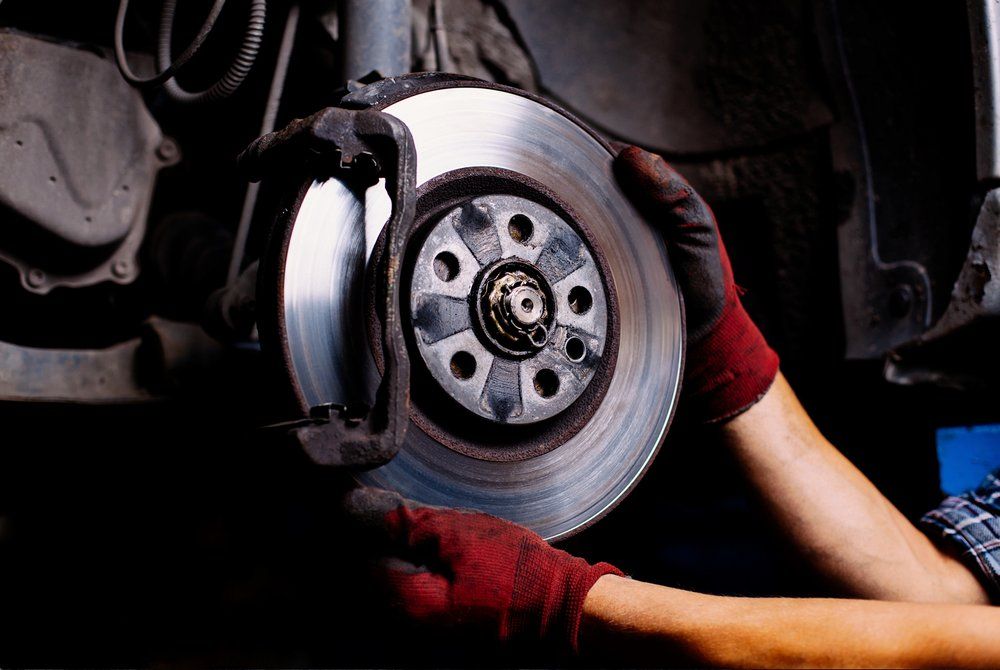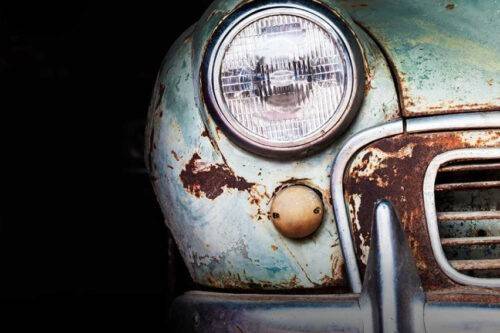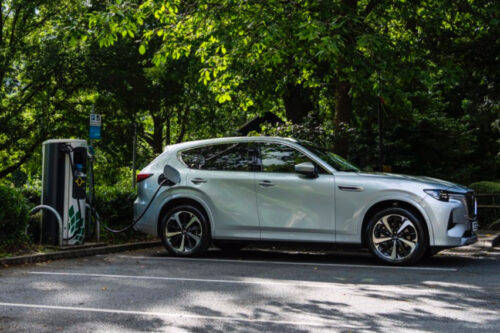Five Signs Your Brakes Need to be Inspected

KUALA LUMPUR: While driving away at a speed of 60 miles per hour, along a highway on a sunny day, with your favorite number playing at a full volume, we often ignore the fact that we are surrounded with a massive chunk of steel and gas, hurling through space at a top speed. At, that speed, one tiny mistake can be hazardous. A seconds delay in stopping your car can cause a serious accident, even a fatality. Therefore, having an exceptional safety system, especially brakes is crucial. Brakes, may not be the most attractive part of your vehicle, but they are certainly the most crucial. Ensuring proper sets of brakes and maintaining them to the 'T', can be the difference between life and death on the road.
But how do you know that you car brakes are wearing out and that it’s time to replace them? Apart from the regular telltale signs, like brake's light appearing on the dashboard, or brakes failing to stop the car, there are many other indicators, that tell about the fault in your car's braking system. You might have notice one or all of these, but if your haven't, we at CarBay have got you 5 signs, that indicates your brakes need fixing.
Pulling:
While driving, have you ever experienced that your car has a mind of its own? As it wants to make a right or left turn or pull to one side while driving or braking? If, so, this indicates a major fault in your braking system. This can be caused due to a stuck caliper or uneven brake pads, which pulls the car to one side when brakes are applied.
Screeching Noise:
If your car makes a rather odd and loud noise, whenever you apply brakes, this is an indicator that your braking system is not in the best condition. Whenever, a car is driven in water, especially during monsoons, a layer of moisture is accumulated on the brake pads and rotors, leading to rust. The rusty brake pads, are the reason of screeching noise, every time you press the brake pedal. If you have been experiencing loud noises, it indicates your brake pads needs to be checked or even replaced.
Worn-out Pads:
Almost all mechanical parts of the car are worn out in time and need replacing, similarly brake pads also need changing. Though, there is no standard rule that says you need to change the brake pads after certain time or kilometers driven. It's wear and tear largely depends on the personal driving style and general condition on the car. You can check the brake pads through the spokes of your car wheel – the brake pad is visible as the material pressed against the metal rotor. If it appears to be less than a 1/4th inch thick, it means it’s time to get them changed. In case you cannot see the pads through the spokes of your car wheel, then it is best to remove the wheel and check the brake pads.
Vibrations:
Have you ever experienced a rapid tremor when executing an emergency stop or applying ABC? Have you also experienced similar vibrations, under normal braking circumstances? If yes, this is an indicator your braking system needs fixing. This phenomenon is also called as pulsating brakes, where the driver gets a pulsating or a grabbing feel while braking. Vibrations while braking is mainly caused due to worn our brake pads or pads that are warped due to heat caused by high stress driving conditions.
Temperamental pedal:
If you are driving with a mushy pedal, i.e the brake pedal practically touches the floor before executing the brakes, then you are driving with a worn out braking system. This is a cause because of weathered brake pads or a failed braking hydraulic system.
The opposite of a mushy pedal is one that causes the brakes to grab immediately at the slightest touch. This can be caused by contaminated brake fluid or by a worn out rotor. If it’s the fluid, then a simple brake fluid change will solve the matter and in the case of the latter a change in the rotor will fix the problem.
Sell your car at the best price
 Verified and genuine buyers
Verified and genuine buyers
- Latest
- Popular
- Latest
- Upcoming
- Popular
Latest Car Videos on Zigwheels












































